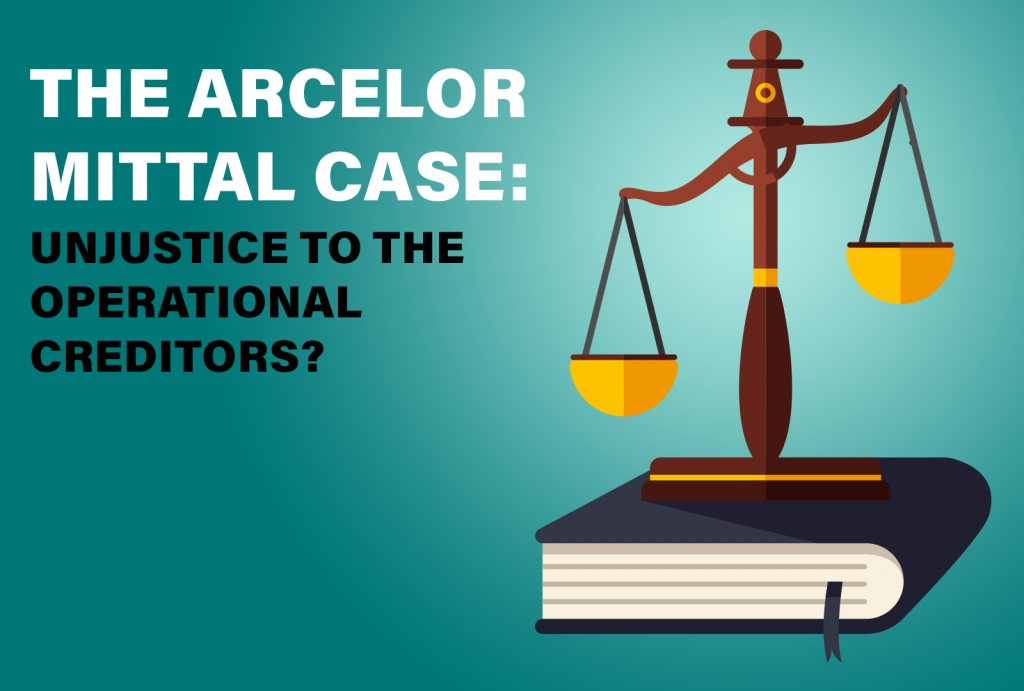Before the introduction to the two major sections of the IBC Code it is pertinent to understand and interpret the meaning of default. Under the Code default means nonpayment of debt when whole or any part or installment of the amount of the debt has become due and payable and is not repaid by the debtor or the Corporate Debtor, as the case maybe. Thus when an entity default on the debt repayment, there are generally three possibilities:
- A creditor group can enforce the debt repayment against the pertinent debtor
- The debt can be re organized
- If the entity is a limited liability firm or company; it can be liquidated. If the entity is an individual, then he can be forced into bankruptcy. In either case the assets of this entity are distributed among its creditors. The next general question that arises in such a situation is as to who can initiate Corporate Insolvency Resolution Process. The three major entities who can initiate this process include:
- Financial Creditor: the status is vested with respect to the credit provided to the debtor company. In this case the credit is in the form of shares, debentures or money.
- Operational Creditor: credit is in the form of goods and services or in the manner of employment.
- Self Corporate Insolvency Resolution Process- the Corporate Debtor himself can initiate Corporate Insolvency Process.
Section 11 of the Code describes and discusses the persons who are not entitled to initiate Corporate Insolvency Resolution Process.

Track your NCLT / NCLAT cases or orders in your apple iOS / Google Android smartphones. Available for free trial period of 15 days.
Section 7 of the IBC Code, 2016 – The section talks about initiation of Corporate Insolvency Resolution Process by a Financial Creditor. The financial creditor can file an application before the National Company Law Tribunal along with proof of default and the name of a resolution professional proposes to act as the interim resolution professional in respect of the corporate debtor. The requirement to provide of proof of default ensures avoidance of frivolous and false claims. The adjudicating authority in turn has to decide the veracity of the claims within fourteen days of initiation of the application.
Section 9 of the IBC Code, 2016 – The section can be initiated only after a claim form in the manner of a demand notice is sent to the Corporate Debtor in the event of a default during payment. If no payment or any reply with respect to the same he can file an application in Hon’ble National Company Law Tribunal. Get alerts and emails when your case gets new dates, orders or any news related to the company which you would like to track.
Conclusion:
The two important sections of the IBC essentially mitigate the types of defaults under IBC, also it ensures a strict timeline is always abided by. One has to strictly understand the nuances of the two major sections to interpret IBC.

